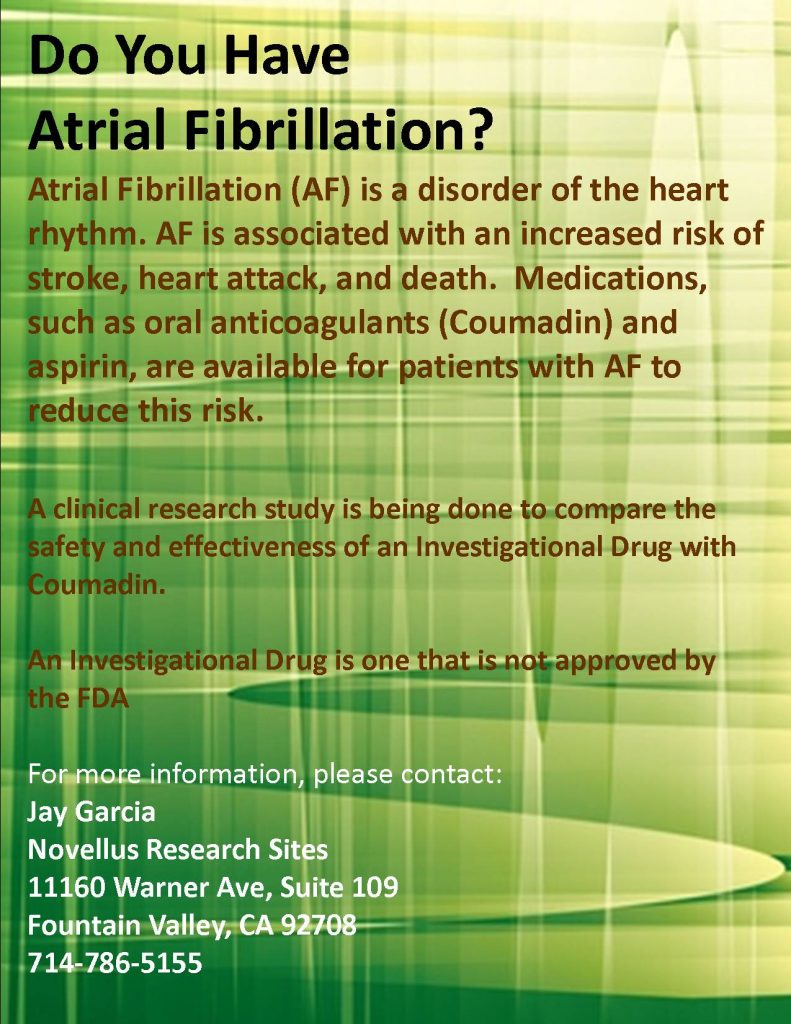
Research shows the sooner an atrial fibrillation surgical procedure is done, the less likely afib is to recur. People in permanent atrial fibrillation who underwent surgery for other heart diseases and had a left atrial ablation procedure for AF at the same time were more likely to be afib-free if the procedure was done within …
Read More
